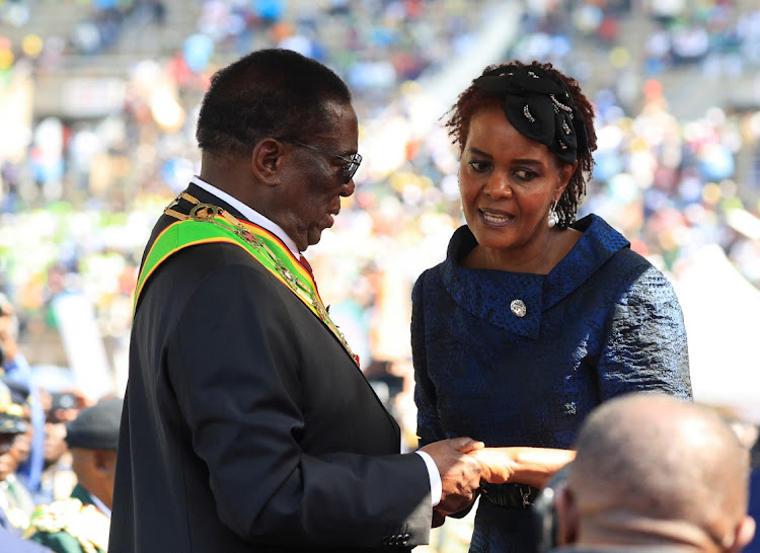While these and related sentiments are understandable as expressions of political differences, they’re nevertheless wrong not least because they’re based on subjective views of what an election is.
All hell breaks loose where the definition of an election depends on the mouth of the beholder.
It is important that there be an objective definition of an election, above political opinions and political differences.
In this regard, and based on the best international practices and standards applied to Zimbabwe, an election is a rule and time bound political process which is a legal event in which eligible voters exercise the all-important right to vote for holders of public offices established by the Constitution of Zimbabwe or by any other law of the land; or to be voted for to hold any of those public offices.
The rules and timelines for the three elections that make up Zimbabwe’s harmonised general election are in the Constitution, the Electoral Act and the Electoral Regulations.
As a legal event, Zimbabwe’s harmonised general election starts with the election proclamation and ends with the assumption office by the elected winners upon taking their oath of office. When that is done, the legitimacy of an election is sorted out.
There is a political and legal labyrinth of rule and time bound processes in between an election proclamation and the assumption of office by the elected winners after they take their oath of office.
Those processes must be adopted in advance, and once they are discharged or exhausted one way or the other, within the given rules and timelines, the legitimacy of an election is decided and settled.
The idea or claim that the issue of legitimacy is multifaceted and thus capable of multiple types or forms or meanings of legitimacy that can be as many as they are people raising or asserting them, is wrong and inimical to the essence and purpose of an election as a rule and time bound political process which is a legal event that comes and goes within a fixed timeline.
As such, the legitimacy of an election is only and necessarily contested and decided in the courts of law, strictly within the rule and time bound legal event.
After an election, the spotlight necessary shifts to the decisions and actions of the elected public officials, which are about fulfilling electoral pledges or policy choices within the confines of the Constitution of Zimbabwe and the laws of the land; on the back of Zimbabwe’s founding values and principles enshrined in section 3 of the Constitution.
In this regard, that the decisions and actions of the elected public officials can and in fact always raise policy, political, economic, social, religious, cultural, traditional or other questions that affect the lives and livelihoods of the people, which questions may delegitimatise elected public officials; that process is not about elections but about “good governance” and matters related thereto.
From the standpoint of electoral legitimacy, although they’re of course related and while they impact one another, the holy grail of international best electoral practices or standards is that the legitimacy of an election should not be conflated or confused with the legitimacy of governance – which comes after the election – in terms of whether it is good or bad or whatever!
By Jonathan Moyo
(140 VIEWS)


